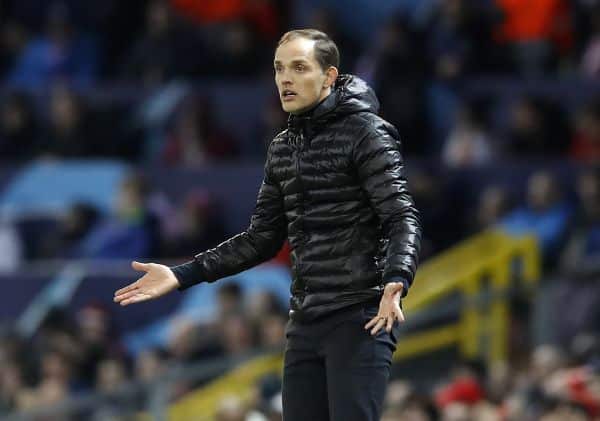Thomas Tuchel has been appointed as the successor to Frank Lampard at Chelsea.
The former Borussia Dortmund and Paris St Germain boss has signed an initial 18-month contract at Stamford Bridge.
Here we take a closer look at the 47-year-old and the philosophy which has helped establish him as one of the most sought-after bosses in the business.
Raising the bar

Tuchel was forced to retire from playing at the age of 24 and was working in a bar to fund an economics degree when his former boss at FC Ulm, Ralf Rangnick, offered him the chance to help coach Stuttgart’s junior teams. He moved on to Augsburg II, where his success sparked interest and ultimately had him replace Jurgen Klopp at Mainz in 2009.
Mind games

Tuchel is interested in the psychological elements that underpin a player’s performance. At Mainz he subjected his players to a mental test which yielded a 30-page evaluation. ‘We didn’t just want to individualise training content, but also the way we addressed our players,’ he told Christophe Berman for his book ‘Football Hackers: The Science and Art of Data Revolution’. ‘I want to know who needs to have an occasional conversation about his family or his hobbies. How can we help a certain player and give him this feeling of “the coach knows what I’m about”?’
Face to face

Tuchel has never shied away from confrontation. He left Mainz under a cloud after the club initially refused to release him from his contract, and publicly criticised the Borussia Dortmund hierarchy for agreeing to play their Champions League game against Monaco one day after their team bus was firebombed. He said of his role at PSG: ‘During the first six months, I had to ask myself, am I still a manager or am I a politician?’ He added that he was ‘sad and angry’ that his achievements in the French capital had been played down.
‘Gegenpressing’

Tuchel’s tactical approach revolves around the ‘gegenpressing’ approach popularised by his predecessor at Mainz and Dortmund, Klopp. Tuchel has embraced and adapted the theory, which is based on the tactic of pressing forward when out of possession, pushing the opponents when deep in their own half. Besides the psychological element, Tuchel is also a keen statistician and puts particular importance on his players’ fitness.

For all Tuchel’s boardroom run-ins, his speak-your-mind style does not seem to have gone down too badly with two of the most precious egos in the global game. Tuchel was said to have a strong relationship with Neymar, who was ‘very disappointed’ by his departure from PSG, according to French media reports. Furthermore, a prior touchline spat with Kylian Mbappe did not stop the striker writing to Tuchel upon his departure from PSG: ‘Nobody will forget your time here. You wrote a wonderful part of the club’s history.’





